Health
-
Lin Test
text with link. This is a quiz. Some text Name Name Quo modo autem philosophus loquitur? Tecum optime, deinde etiam cum mediocri amico. Invidiosum nomen est, infame, suspectum. Name Name…
-

Gender-affirming care is rare, study says
Fewer than 1 in 1,000 transgender youth receive hormones or puberty blockers

-

Nature offers novel approach to oral wound care
Slug’s sticky mucus inspiration behind adhesive hydrogel that can seal wounds in wet environment

-

Time for a rethink of colonoscopy guidelines?
Change informed by new findings would help specialists focus on those most at risk, researcher says

-

Should pharmacists be moral gatekeepers?
‘The problem is not opioids,’ says author of ‘Policing Patients’ — it’s overdose, pain
-

The deadly habit we can’t quite kick
Actions by tobacco companies worry researcher even amid ‘dramatic decrease’ in smoking among young Americans

-
Closing in on a breakthrough
New findings from the lab of Harvard Medical School Dean George Daley suggest a path for creating immune-matched blood cells, derived from patients’ own cells, for treatment purposes.

-
Probe of Alzheimer’s follows paths of infection
Starting with microbes, Harvard-MGH researchers outline a devastating chain of events

-
The power of picturing thoughts
A new Harvard study shows that people create visual images to accompany their inner speech even when they are prompted to use verbal thinking, suggesting that visual thinking is deeply ingrained in the human brain.

-
To age better, eat better
Much of life is beyond our control, but dining smartly can help us live healthier, longer
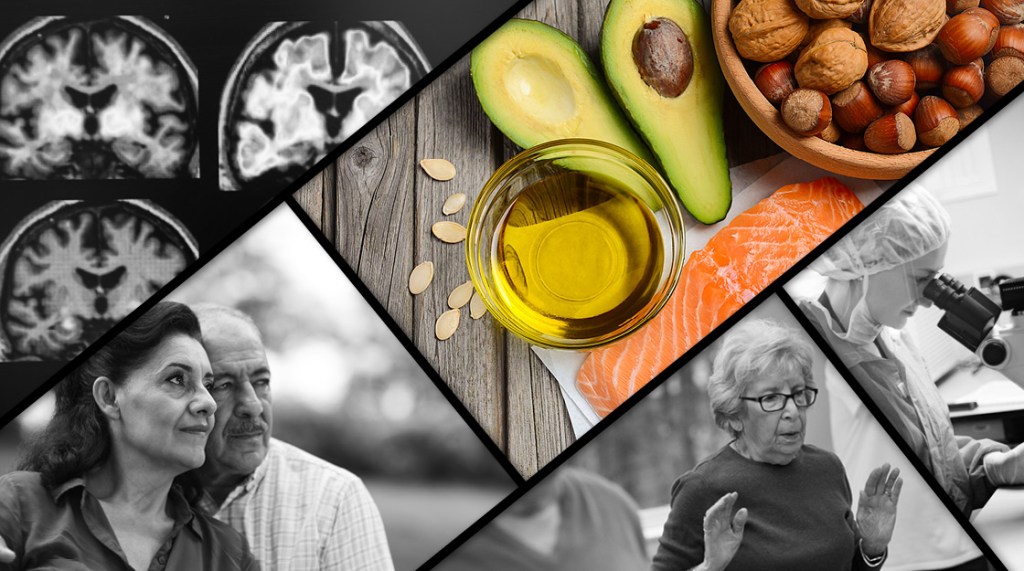
-
Fighting words from former EPA leader
Speaking at a Climate Week symposium, former EPA administrator Gina McCarthy urged an audience of climate scientists and health experts to speak out about climate change.

-
Study signals need to screen genes for stem cell transplants
Research suggests that genetic sequencing technologies should be used to screen for mutated cells in stem cell cultures, so they can be excluded from scientific experiments and clinical therapies.
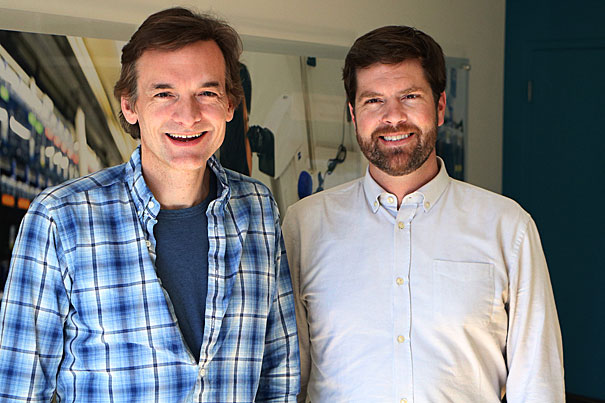
-
New vista for brain disorder research
For the first time, researchers describe the types of cells generated in brain organoids, networks of nerve cells, and show the greater diversity, complexity, and response to stimulation developed for nine months and longer.
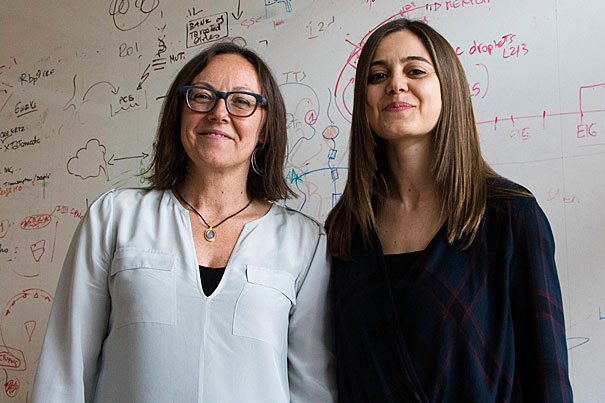
-
The balance in healthy aging
To grow old well requires minimizing accidents, such as falling, as well as ailments
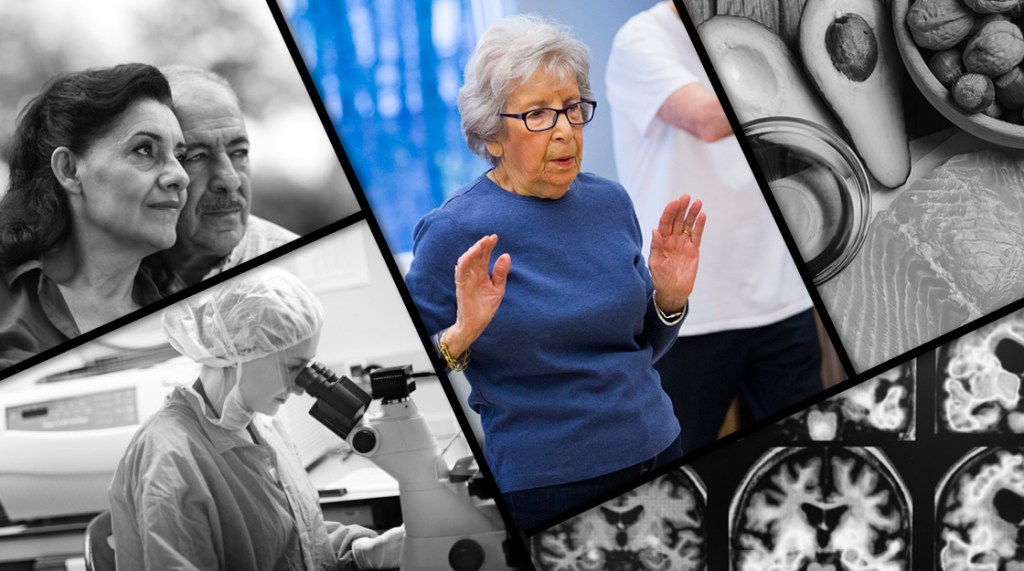
-
Mom, dad set in their ways? Maybe it’s not their fault
Research led by Hopi Hoekstra breaks new ground by uncovering links between the activity of specific genes and parenting differences across species
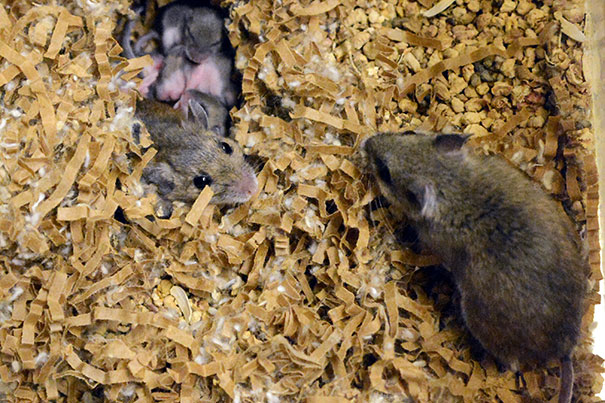
-
How old can we get? It might be written in stem cells
No clock, no crystal ball, but lots of excitement — and ambition — among Harvard scientists
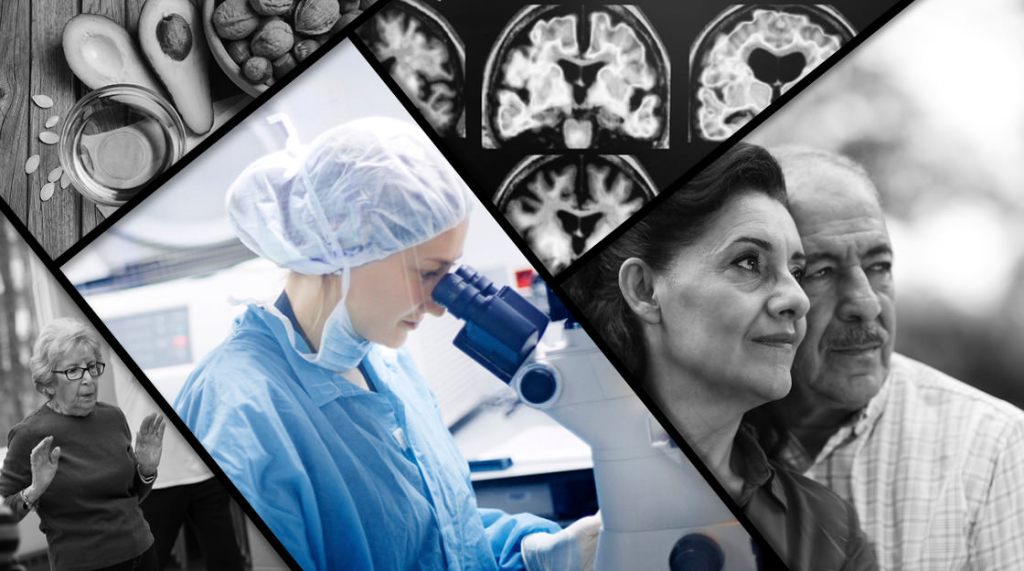
-
Compound protects nerve cells targeted by diseases
Harvard researchers have identified a compound that helps protect the cells destroyed by spinal muscular atrophy, the most frequent fatal genetic disease of young children.
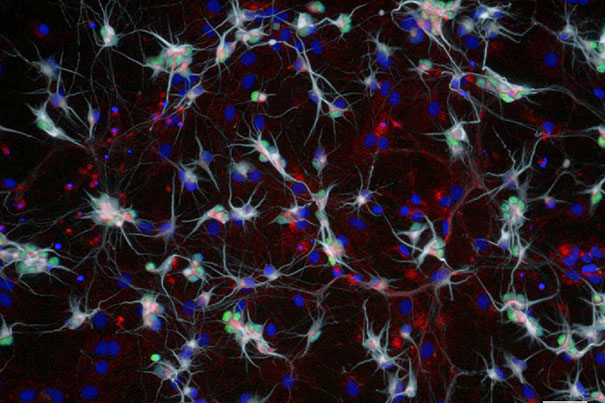
-
Good genes are nice, but joy is better
Harvard study, almost 80 years old, has proved that embracing community helps us live longer, and be happier
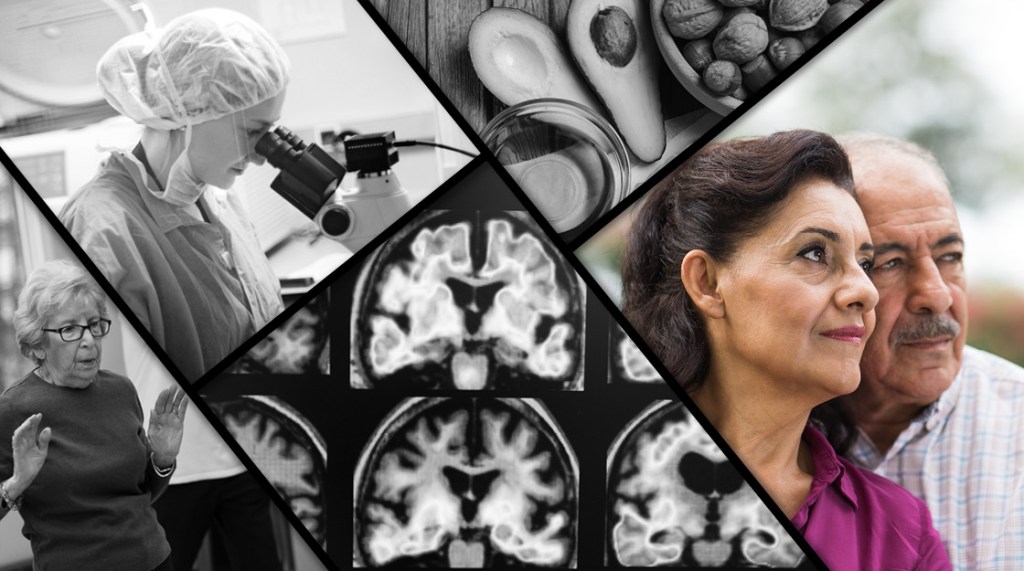
-
Bringing big data to the farm
Digital technology and big data will power the next big advance in the business of farming, the head of a “digital agriculture” firm told a Harvard audience.
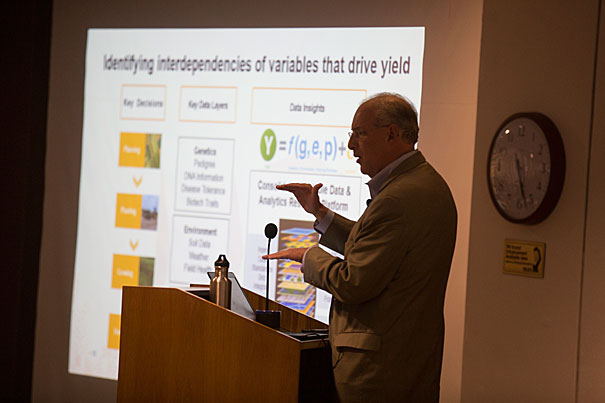
-
Understanding life, here, there, and everywhere
Harvard’s Origins of Life Initiative has grown along with the rise in interest in how life first arose on Earth and whether it exists on other planets.

-
Plotting the demise of Alzheimer’s
New study is major test for power of early action
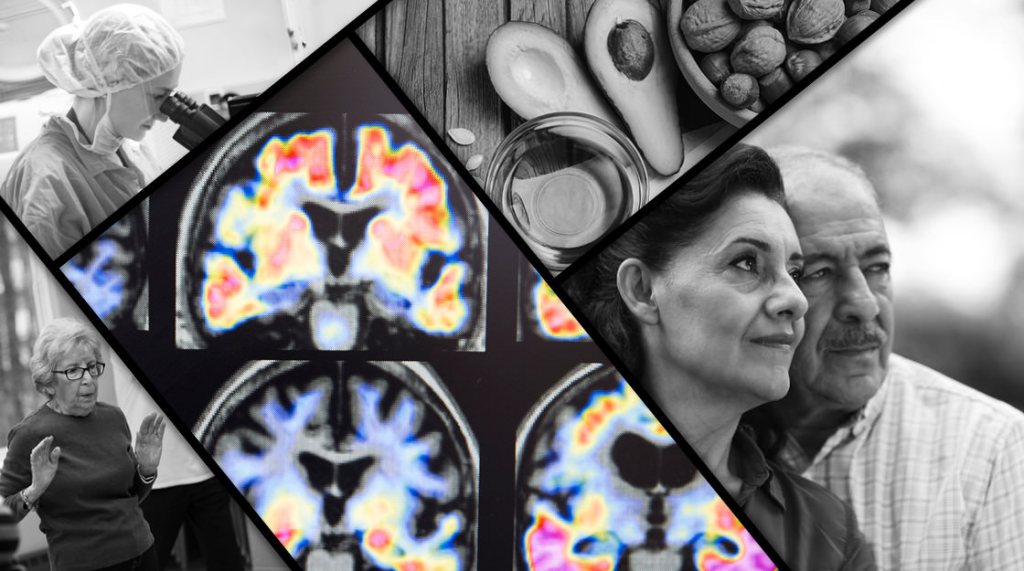
-
Mimicking life in a chemical soup
An Origins of Life researcher has created a chemical system that mimics early cell behavior.
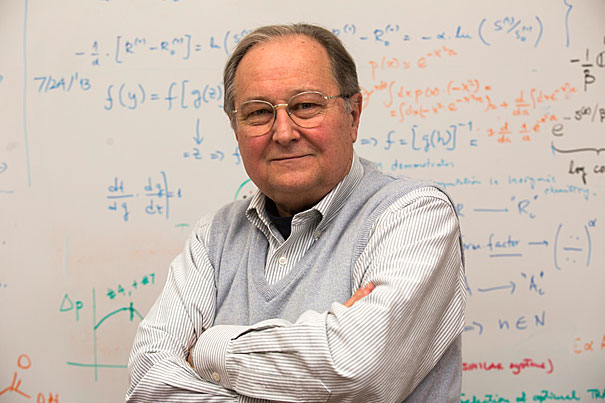
-
Solving the mystery of the Arctic’s green ice
Researchers have found that due to warming temperatures, phytoplankton can now grow under Arctic sea ice, dramatically changing the ecology.

-
Why weeping willows bend and poison ivy doesn’t
A mathematical framework can explain how a plant stem’s “sense of self” contributes to its growth upward or downward.

-
Critical step found in DNA repair, cellular aging
The body’s ability to repair DNA damage declines with age, which causes gradual cell demise, overall bodily degeneration, and greater susceptibility to cancer. Experiments in mice suggest a way to thwart DNA damage.
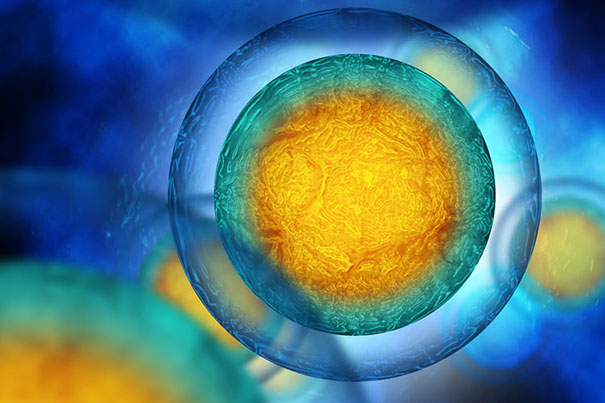
-
The machinery of hearing
New research not only sheds new light on how hearing works, but could help clarify how it deteriorates over time.
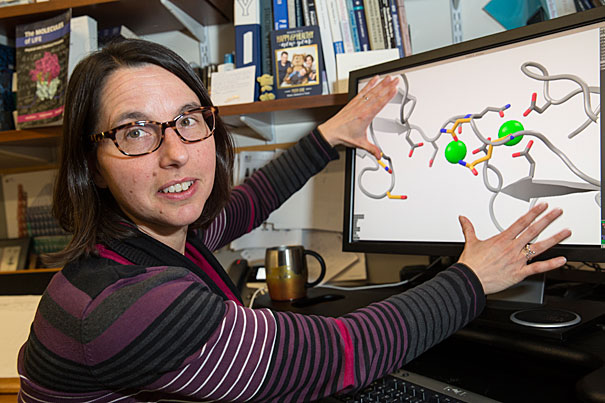
-
Progress in treating hearing loss
Harvard Stem Cell Institute researchers have developed a drug cocktail that unlocks the potential to regrow inner-ear hair cells, which could help combat hearing loss.
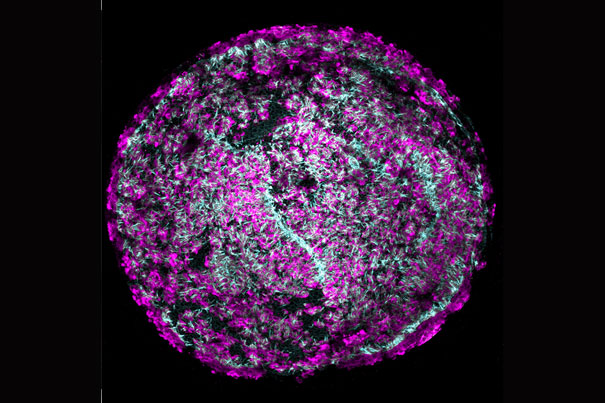
-
Study flags later risks for sleep-deprived kids
Children ages 3 to 7 who don’t get enough sleep are more likely to have problems with attention, emotional control, and peer relationships in mid-childhood, according to a new study led by a Harvard pediatrician.

-
How a child made scientists think of cytokines as knobs instead of switches
A rare anemia is opening scientists up to a new way of thinking about how to adapt and employ cytokines, messenger molecules of the blood and immune system, as tools for treatment and the promise of precision medicine.

-
Brain-training app creators join in the genetics game
The Wyss Institute and Harvard Medical School’s Personal Genome Project are collaborating with Lumos Labs, the makers of Lumosity, to investigate the relationship between genetics and memory, attention, and reaction speed.
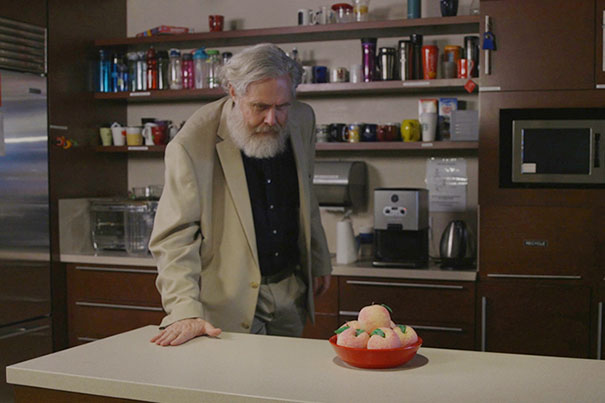
-
Poking at consciousness
Biologist Brian D. Farrell gave a lecture at the Harvard Museum of Natural History exploring the roots of consciousness.
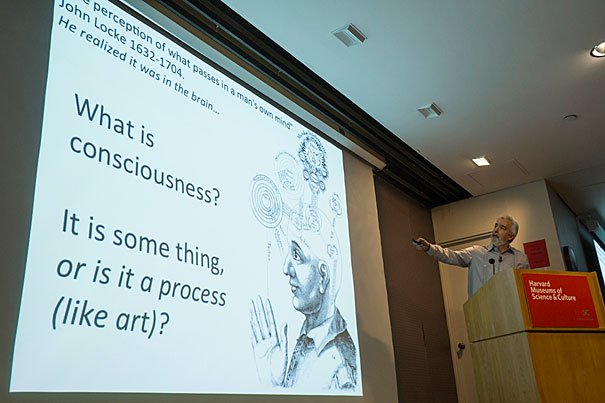
-
The grateful life may be a longer one
Psychiatrist Jeff Huff is leading an MGH effort to determine whether positive thinking can promote better health.
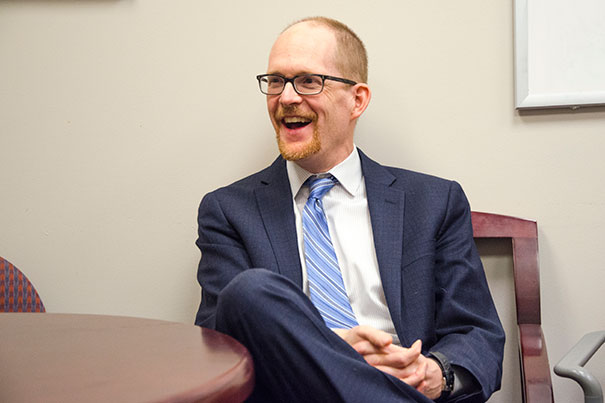
-
Underwater photography inspires conservation
Keith Ellenbogen captures the ecosystems deep within the oceans, bringing them to life through his underwater photography.

-
Study shows differences in effects of ‘real’ and ‘sham’ acupuncture
Researchers saw improvement in carpal tunnel syndrome symptoms after “real” acupuncture and brain remapping. The study also found no physiologic improvements from “sham” acupuncture.
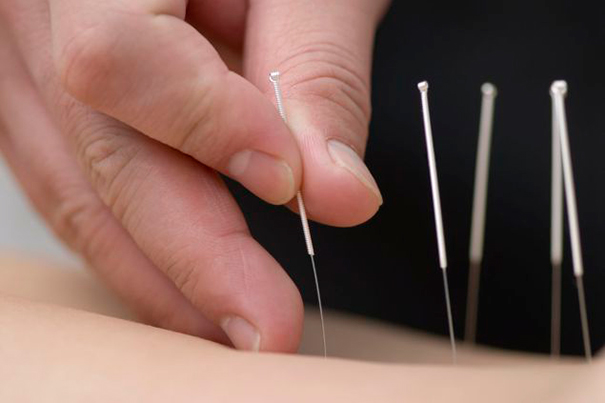
-
The changes in drug research, testing
In December, Congress passed a bipartisan law to boost federal medical research spending and to ease the approval of new drugs. In a panel discussion, experts at the Harvard T.H. Chan School of Public Health talked about its pros and cons, including whether it will be funded, and whether the relaxed drug approval guidelines are too easy.

-
For better health, reduce greenhouse gases
The “Harvard Chan: This Week in Health” podcast sits down with Aaron Bernstein, associate director of the Center for Health and the Global Environment at the Harvard Chan School, to discuss how climate change will impact health and health care costs.


